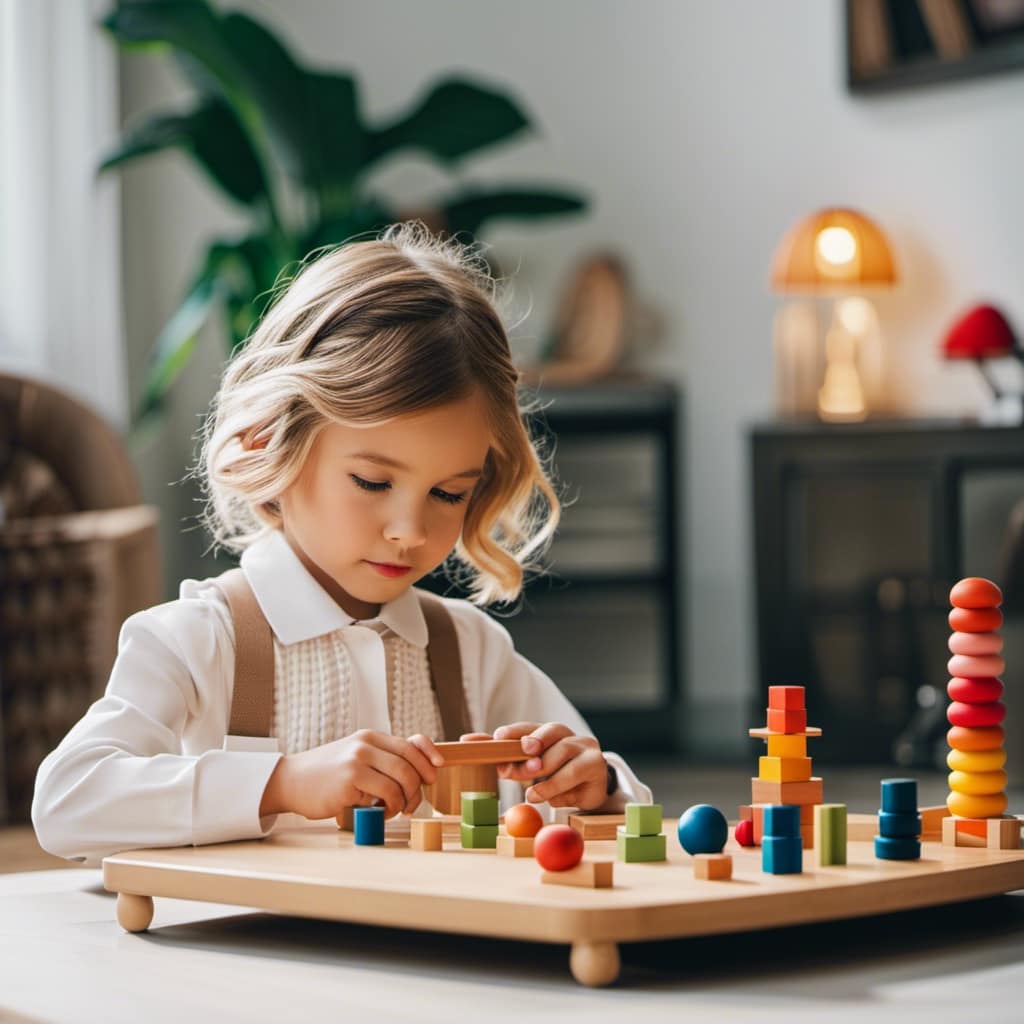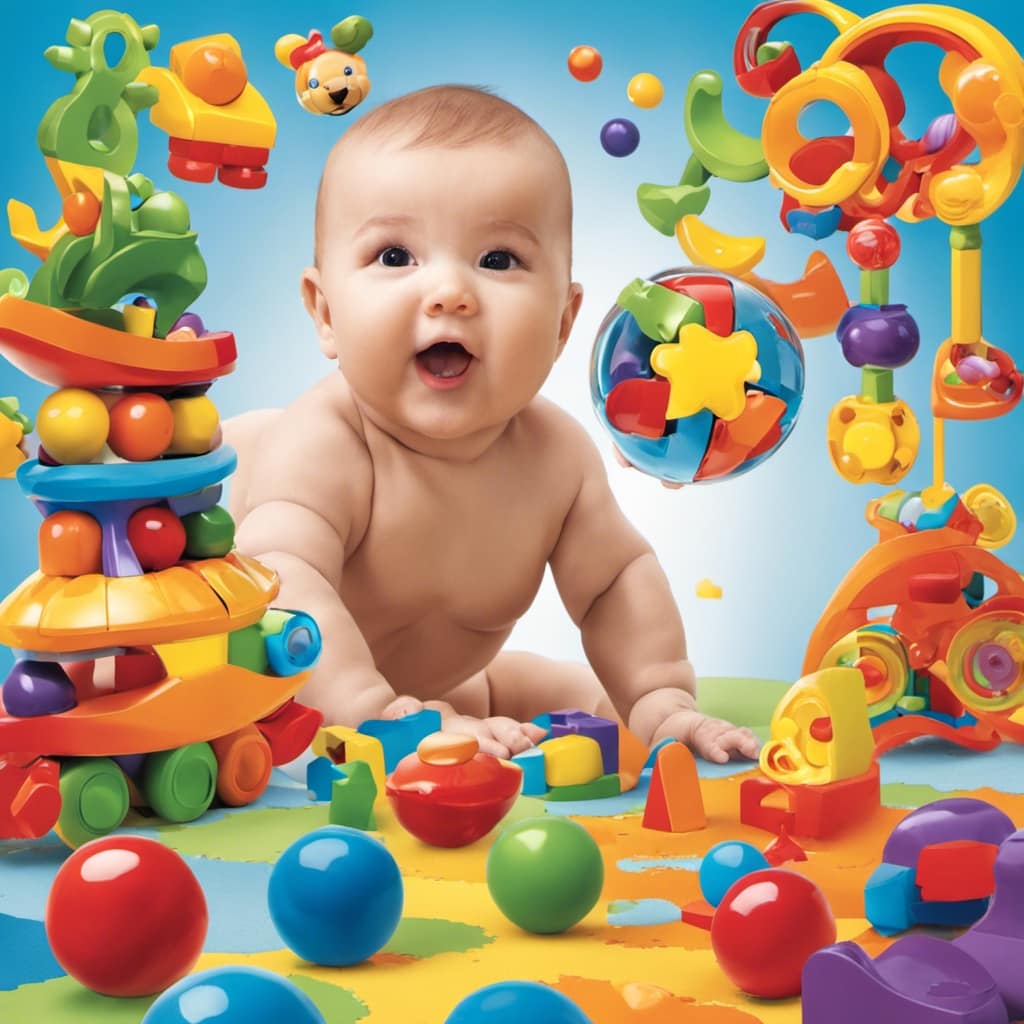Have you ever watched a child carefully build a tower of blocks or thread beads with precision? Although it may seem like just play, these activities are essential for developing motor skills. Toys following the Montessori method are specifically designed to help improve fine motor skills.
In this article, we will explore the benefits of these toys, the different types available, and how they aid in the development of motor skills. Join us as we discover the importance of choosing the right toys for your child’s growth and incorporating them into fun and engaging activities.
Key Takeaways
- Montessori toys provide a hands-on learning experience and promote the development of fine and gross motor skills.
- These toys are made of natural materials and offer a variety of textures, shapes, and sizes, which enhance sensory exploration and problem-solving abilities.
- Parents play a crucial role in supporting motor skill development by actively participating in their child’s play, providing guidance and suitable toys, and creating a safe and stimulating environment.
- Montessori toys, such as shape sorters, puzzles, and building blocks, stimulate cognitive development, problem-solving skills, and logical thinking while enhancing hand-eye coordination and fine motor skills.
Benefits of Montessori Toys for Motor Skills
One of the key benefits of Montessori toys for motor skills is that they provide a hands-on learning experience for children. Unlike traditional toys, Montessori toys are specifically designed to promote the development of fine and gross motor skills. These toys are often made of natural materials, such as wood, and offer a variety of textures, shapes, and sizes for children to explore. The open-ended nature of Montessori toys encourages children to engage in imaginative play and problem-solving, which further enhances their motor skills.
Parents play a crucial role in supporting their child’s motor skill development with Montessori toys. They can actively participate in their child’s play by providing guidance, encouragement, and appropriate challenges. By observing their child’s interests and abilities, parents can select Montessori toys that are suitable for their developmental stage. Additionally, parents can create a safe and stimulating environment that promotes active play and exploration.

Regular interaction and playtime with Montessori toys not only strengthen the parent-child bond but also contribute to the holistic development of the child’s motor skills.
Types of Montessori Toys for Skill Development
What types of Montessori toys can we use to promote skill development?
Montessori toys are designed to provide children with opportunities for cognitive development and sensory exploration. For cognitive development, toys such as shape sorters, puzzles, and building blocks can help children develop problem-solving skills, spatial awareness, and logical thinking. These toys encourage children to manipulate objects, recognize shapes, and understand cause and effect. They also promote hand-eye coordination and fine motor skills.
Montessori toys for sensory exploration include items like sensory bins, textured balls, and musical instruments. These toys allow children to explore different textures, sounds, and colors, stimulating their senses and fostering their curiosity. Sensory play not only enhances a child’s sensory development but also helps with language development, social skills, and emotional regulation.
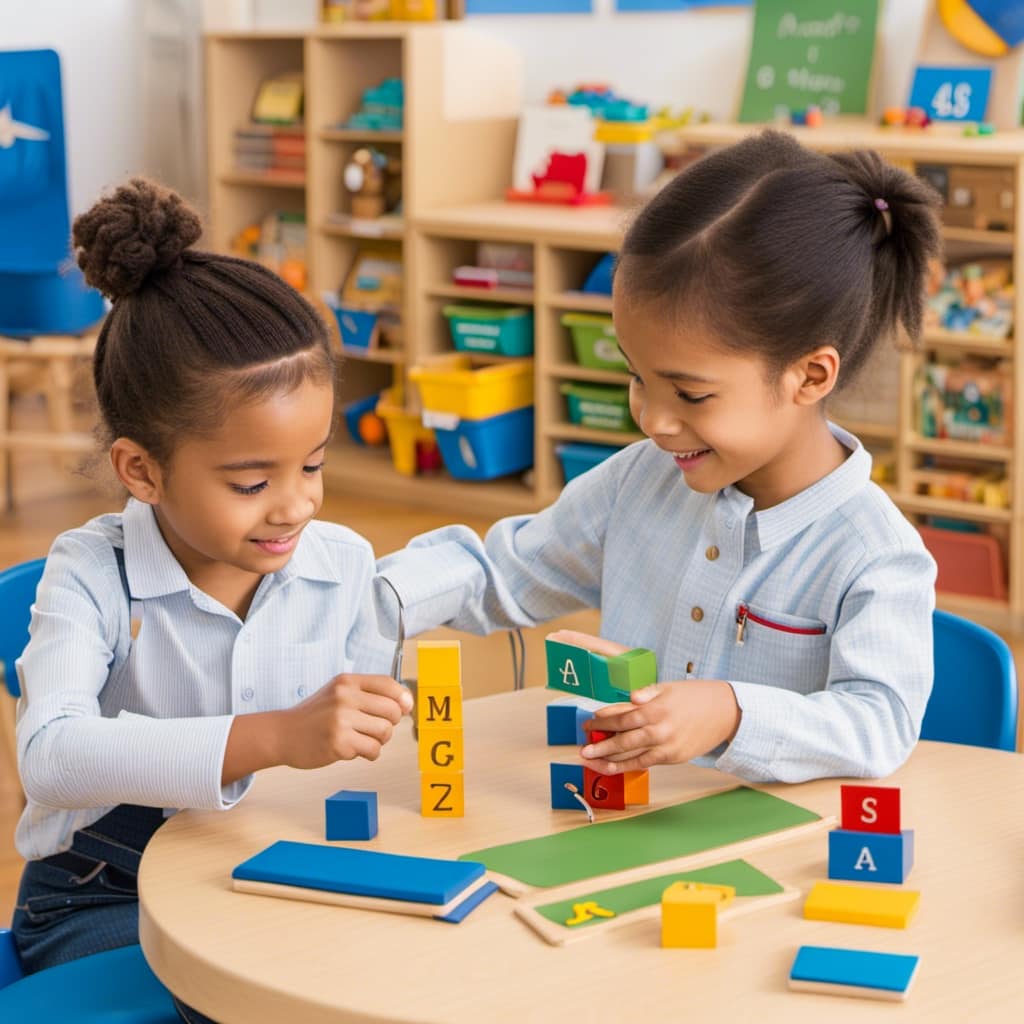
How Montessori Toys Aid in Motor Skill Development
Montessori toys play a crucial role in aiding our children’s motor skill development. These toys are specifically designed to promote and enhance various motor skills, such as hand-eye coordination, fine motor skills, and gross motor skills.
Montessori toys offer a range of benefits that contribute to the development of these skills. For example, toys like puzzles and building blocks help children improve their hand-eye coordination and problem-solving abilities.
Other toys, such as threading beads and pegboards, assist in refining fine motor skills like grasping and manipulating objects. Additionally, toys like balance boards and climbing frames help children develop their gross motor skills and improve their balance and coordination.
When selecting Montessori toys for your child, it’s important to consider their age, interests, and developmental stage. By choosing the right Montessori toy, you can provide your child with engaging and beneficial activities that support their motor skill development.

Now, let’s explore how to choose the right Montessori toy for your child.
Choosing the Right Montessori Toy for Your Child
Now, let’s explore how we can choose the right Montessori toy for our child to support their motor skill development. When it comes to choosing Montessori toys, it is important to consider their design, materials used, and developmental benefits. Here is a helpful table to guide you in selecting the right toy for your child:
| Criteria | Examples | Benefits |
|---|---|---|
| Size | Large wooden blocks | Develops hand-eye coordination |
| Material | Natural wooden puzzles | Stimulates sensory exploration |
| Complexity | Shape sorting toys | Enhances problem-solving skills |
Choosing Montessori toys that are of appropriate size allows your child to grasp and manipulate them easily, promoting fine motor skills. Opting for toys made from natural materials like wood provides a sensory-rich experience and promotes a connection with the natural world. Lastly, selecting toys with varying levels of complexity challenges your child’s cognitive abilities and fosters problem-solving skills. Remember, the right Montessori toy can play a crucial role in your child’s motor skill development.
Incorporating Montessori Toys Into Motor Skill Activities
As we explore the incorporation of Montessori toys into motor skill activities, we can continue considering the design, materials, and developmental benefits discussed in the previous subtopic.
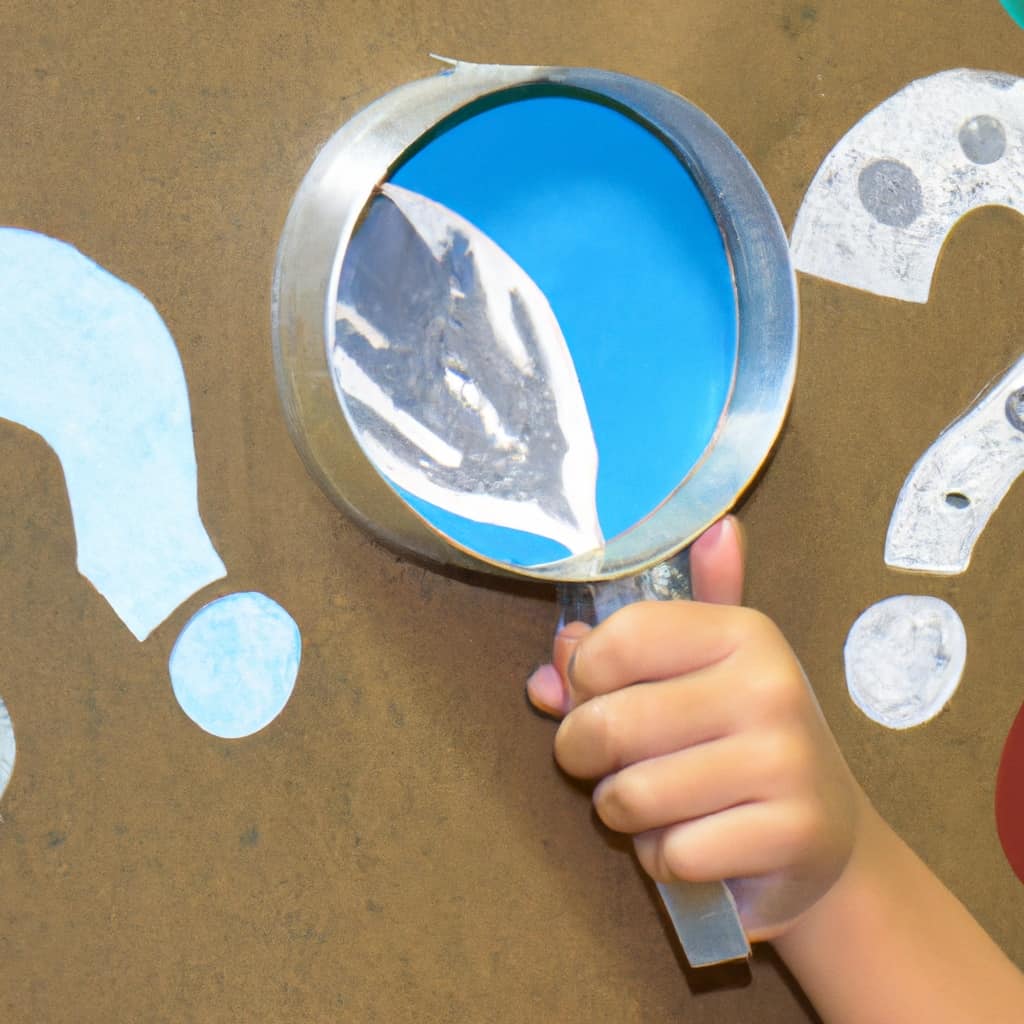
Montessori toys aren’t only beneficial for sensory play and cognitive development, but they also provide an excellent opportunity for children to enhance their motor skills.
When it comes to sensory play, Montessori toys engage multiple senses, such as touch, sight, and sound. These toys are designed to stimulate various parts of the brain and promote sensory exploration.
For example, wooden blocks with different textures can encourage children to use their hands and fingers to explore and manipulate the blocks, developing their fine motor skills.
In terms of cognitive development, Montessori toys promote problem-solving, creativity, and critical thinking. Activities like sorting beads or stacking rings require children to think logically and use their hand-eye coordination.

These toys also provide opportunities for children to develop their concentration and attention span.
Incorporating Montessori toys into motor skill activities not only enhances physical development but also fosters cognitive and sensory development.
Frequently Asked Questions
How Do Montessori Toys Differ From Other Types of Toys in Terms of Motor Skill Development?
Montessori toys differ from other types of toys in terms of motor skill development. They promote fine motor skills by providing hands-on activities that require coordination, precision, and concentration.
Can Montessori Toys Only Be Used for Motor Skill Development or Do They Have Other Benefits as Well?
Montessori toys offer a multitude of benefits beyond just motor skill development. They foster independence and creativity, allowing children to explore and learn at their own pace.
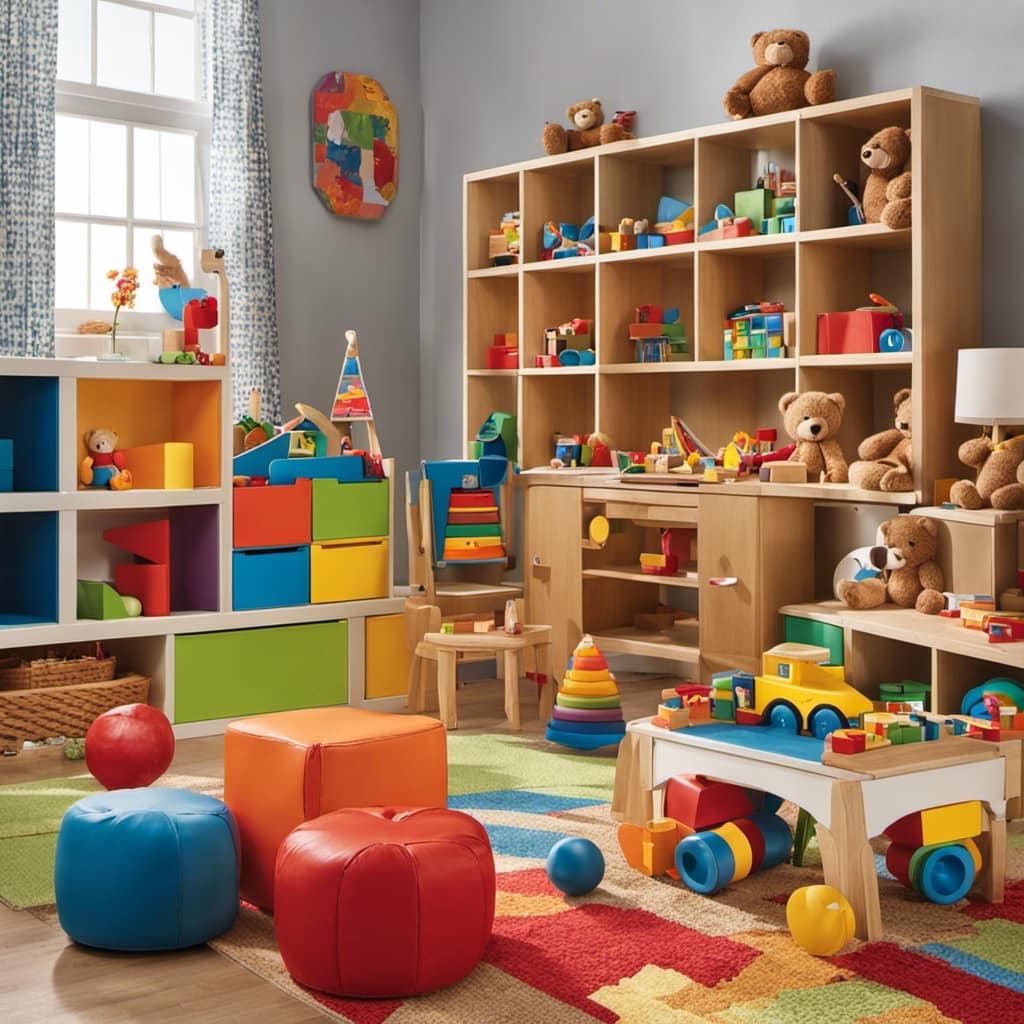
Are All Montessori Toys Suitable for Children of All Ages?
Age appropriateness and effectiveness are important factors to consider when selecting Montessori toys. Not all toys are suitable for children of all ages. It’s crucial to choose toys that align with a child’s developmental stage for optimal learning and skill development.
Are There Any Specific Guidelines or Recommendations for the Amount of Time Children Should Spend Playing With Montessori Toys for Motor Skill Development?
There are no specific guidelines for the recommended time children should spend playing with Montessori toys for motor skill development. However, Montessori toys offer numerous benefits beyond motor skills, such as cognitive development and sensory exploration.
Can Montessori Toys Be Used to Help Children With Special Needs Improve Their Motor Skills?
Yes, Montessori toys can be beneficial for children with special needs to improve their motor skills. The sensory integration and fine motor skills improvement provided by these toys can aid their development.
Conclusion
In conclusion, Montessori toys play a vital role in developing children’s motor skills. These toys not only provide entertainment but also enhance their fine and gross motor abilities.
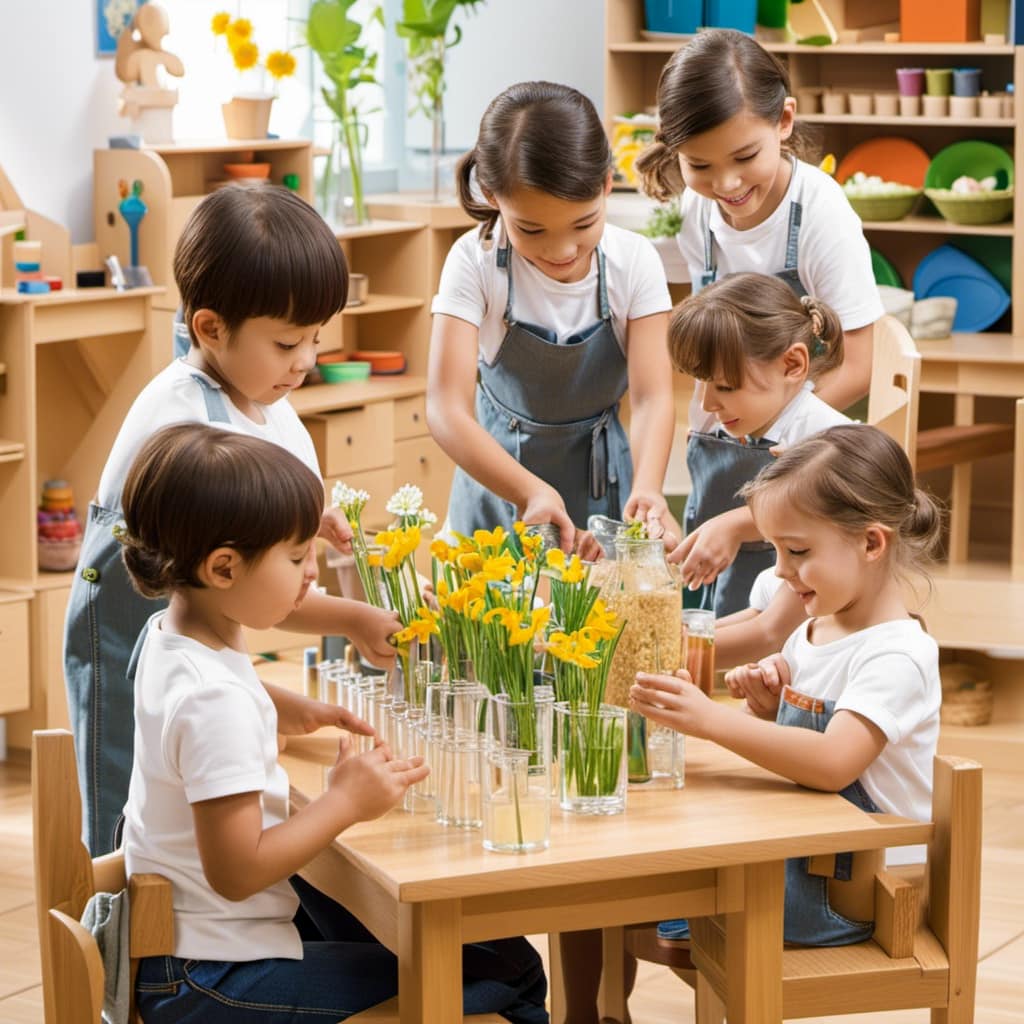
By engaging in various activities with Montessori toys, children develop coordination, balance, and dexterity.
So, if you want to support your child’s motor skill development, consider incorporating Montessori toys into their playtime. Remember, as the saying goes, ‘practice makes perfect,’ and with the right toys, your child can practice and perfect their motor skills.


